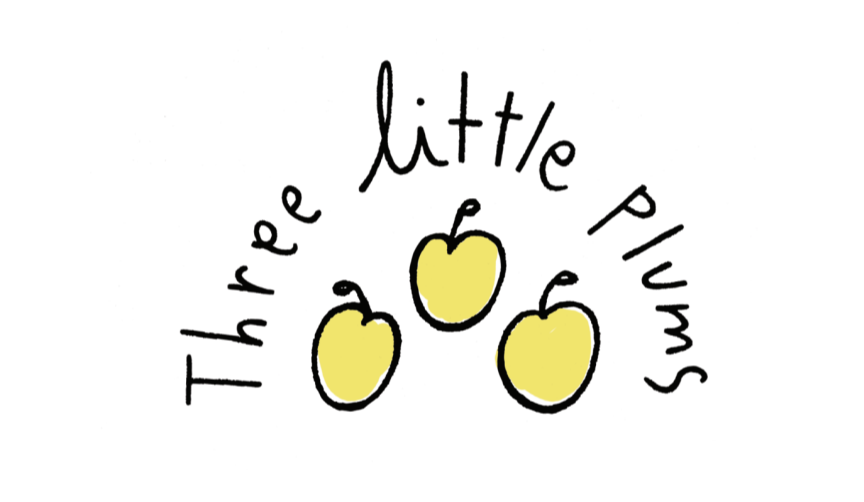One Court Order EPA to Ban Popular Pesticide, While Another Orders Monsanto To Pay Millions To Terminal Cancer Patient who Used Roundup
Last week HUGE news on two very very toxic pesticides broke.
1. The 9th District Court has ordered the EPA to finalize its proposed ban on chlorpyrifos.
The reason? " undisputed findings that the pesticide is unsafe for public health, and particularly harmful to children and farm workers".....specifically: "scientific evidence that it’s residue on food causes neural developmental damage to children.”

What is chlorpyifos? How does this ban affect me?
Chlorpyifos is a well known toxic pesticide. It was first developed by the Nazis for chemical warfare. Then, in the 1960s, Dow Chemical developed it as an alternative to DDT and used in agriculture and homes. Health concerns started surfacing and then, over 20 years ago, the pesticide was banned from home use, after being found "too toxic" to children. How toxic? Chlorpyifos is a nerve agent pesticide that can damage the developing brains of children. Prenatal and early life exposure to chlorpyrifos is linked to lower birth weight and neural developmental harms, including reduced IQ, loss of working memory, attention disorders, and delayed motor development.
Even though it has been banned from home use, you have probably ingested some level of chlorpyifos, since the pesticide is still permitted for agriculture use. In fact, it is widely used in more than 50 fruit, nut, cereal and vegetable crops. Chlorpyrifos is applied to more than 30 percent of apples, asparagus, walnuts, onions, grapes, broccoli, cherries and cauliflower grown in the U.S. While residues of chlorpyrifos are rarely detected on these crops, even trace amounts are harmful for kids. Chlorpyrifos poses an extra risk to farm workers and their families, and people living near agricultural fields
2. Monsanto ordered to pay $289m to terminally ill school groundsman who used Roundup weedkiller
A former school groundskeeper sued Monsanto four years after having discovered he had developed non-Hodgkin's lymphoma, arguing that an herbicide in the weed killer Roundup, likely caused the disease. He explained he regularly applied the weed killer up to 30 times per year as part of his pest-control responsibilities. During that time, he mixed and sprayed hundreds of gallons of the chemical around the school he worked at near San Francisco (and let's not forget that these students were then also somehow also exposed to this chemical).
His lawyers also contended Monsanto failed to warn consumers about the alleged risk from their product.
The jury has been awarded Johnson $289 million dollars in damages in a case against agricultural giant Monsanto. This is a huge deal, since hundreds (CNN claims 800) of cancer patient cases have been filed against Monsanto in recent years.
Monsanto, for their part, has said they will appeal the decision
What to we know about Roundup?
Roundup is one of the world's most popular weed killers; it is used in yards, farms, schools and parks throughout the world.
Its main/active ingredient is glyphosate.
Glyphosate, is the most widely used herbicide in the United States. It is currently the main ingredient in over 750 products, the most famous is Roundup.
About 100 million pounds are applied to U.S. farms and lawns every year, according to the EPA. In 2015 the International Agency for Research on Cancer – part of the World Health Organization — announced that two pesticides, including glyphosate, are 'probably carcinogenic to humans.'
According to their report, the cancers most associated with glyphosate exposure were found to be non-Hodgkin lymphoma and other hematopoietic cancers.
In 2017, the US's EPA concluded that glyphosate is likely NOT a carcinogen, but that same year the state of California added glyphosate to California's Proposition 65 list of chemical "known" to cause cancer or reproductive harm.
Other glyphosate studies have linked the chemical to a number of health issues, including, but not limited to ADHD, Alzheimer’s Disease, Autism, Birth Defects, various forms of cancer, Celiac Disease, Colitis, Heart Disease, Inflammatory Bowel Syndrome, Kidney Disease, Liver Disease, and Parkinson’s Disease.
Researchers have also found that one of Roundup’s inert ingredients (polyethoxylated tallowamine, or POEA, ) can kill human cells, particularly embryonic, placental and umbilical cord cells (“inerts” are the solvents, preservatives, surfactants and other substances that manufacturers add to pesticides).
Additionally some experts say that the main link between glyphosate and cancer is not the chemical alone, but the interaction between glyphosate and the inert ingredients in Roundup which " cause a "synergistic effect" that makes the product more carcinogenic."
Various countries and cities have declared current or future bans of glyphosate. Some of the main ones are (for a full list, including a state by state look at the US click here )
France and Italy have stated they will carry out glyphosate bans by 2020
Germany announced in 2018 that it will also issue a glyphosate ban.
Portugal: Prohibits the use of glyphosate in all public spaces.
Netherlands: Banned all non-commercial use of glyphosate.
El Salvador: Banned glyphosate over links to deadly kidney disease.
Belgium: Banned the individual use of glyphosate.
Bottom line?
Last week's news is a reminder that pesticides, meant to kill living things, can also cause much harm to humans especially young children. A main reason to support organic farming, buy organic when possible, and take extra precautions if you live near agriculture land.
